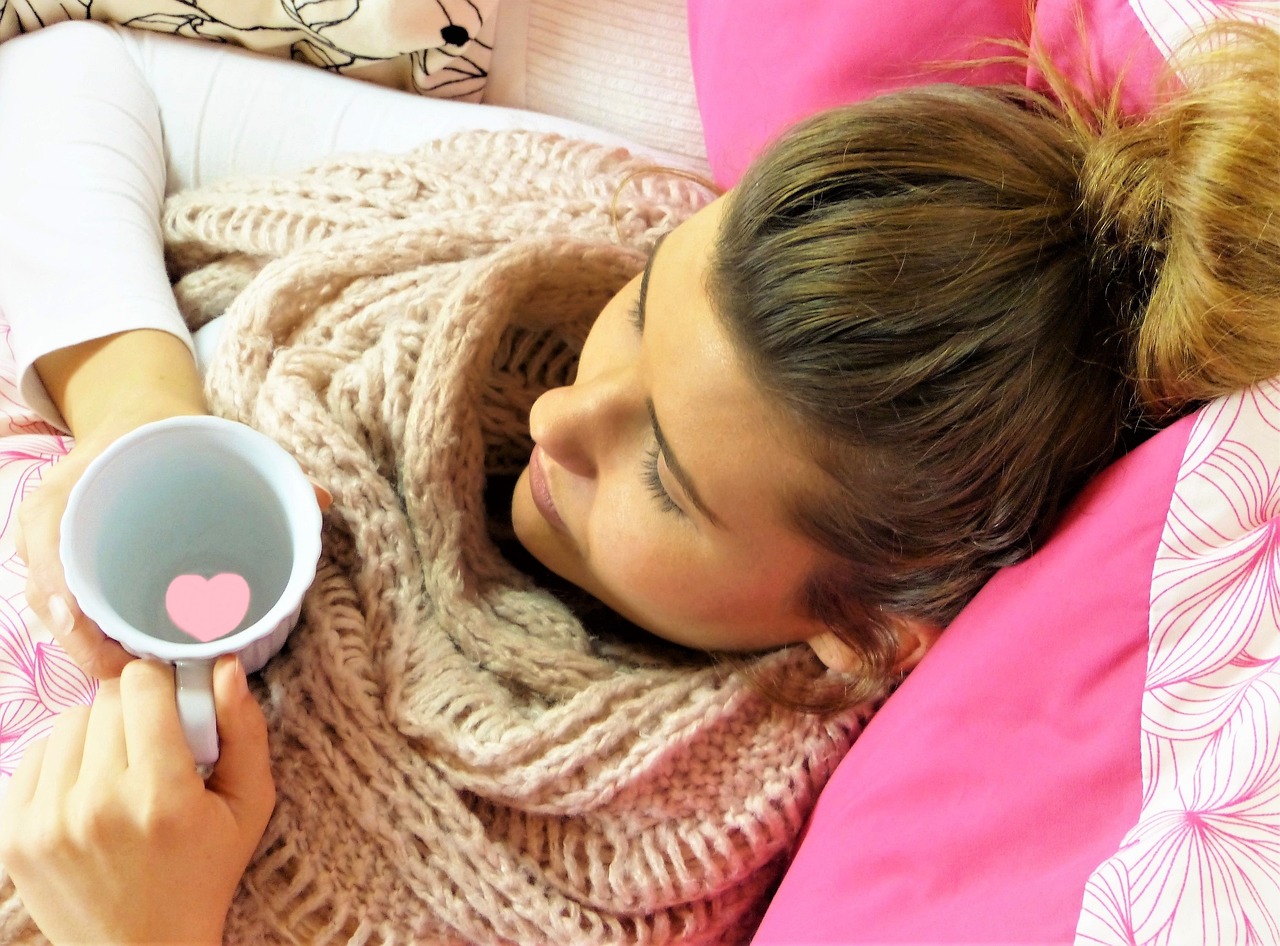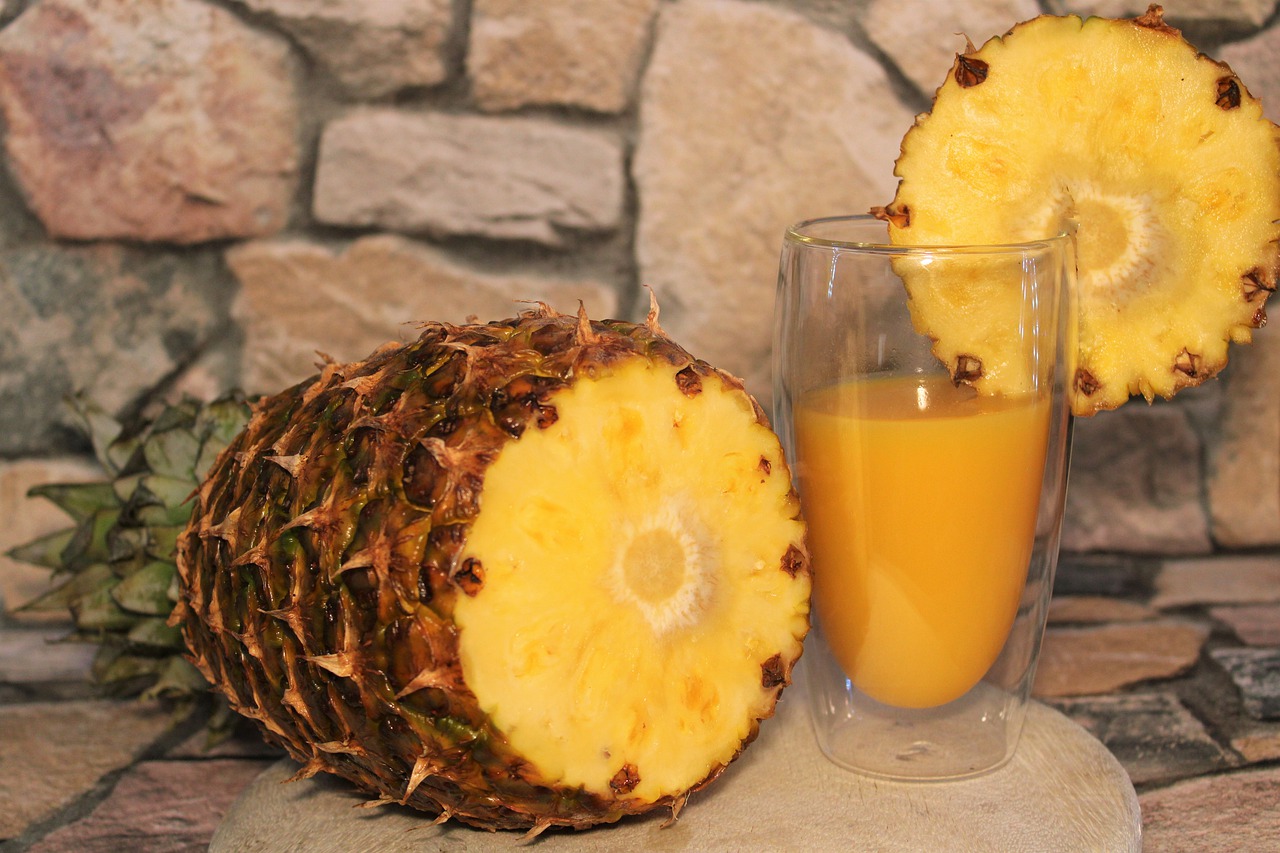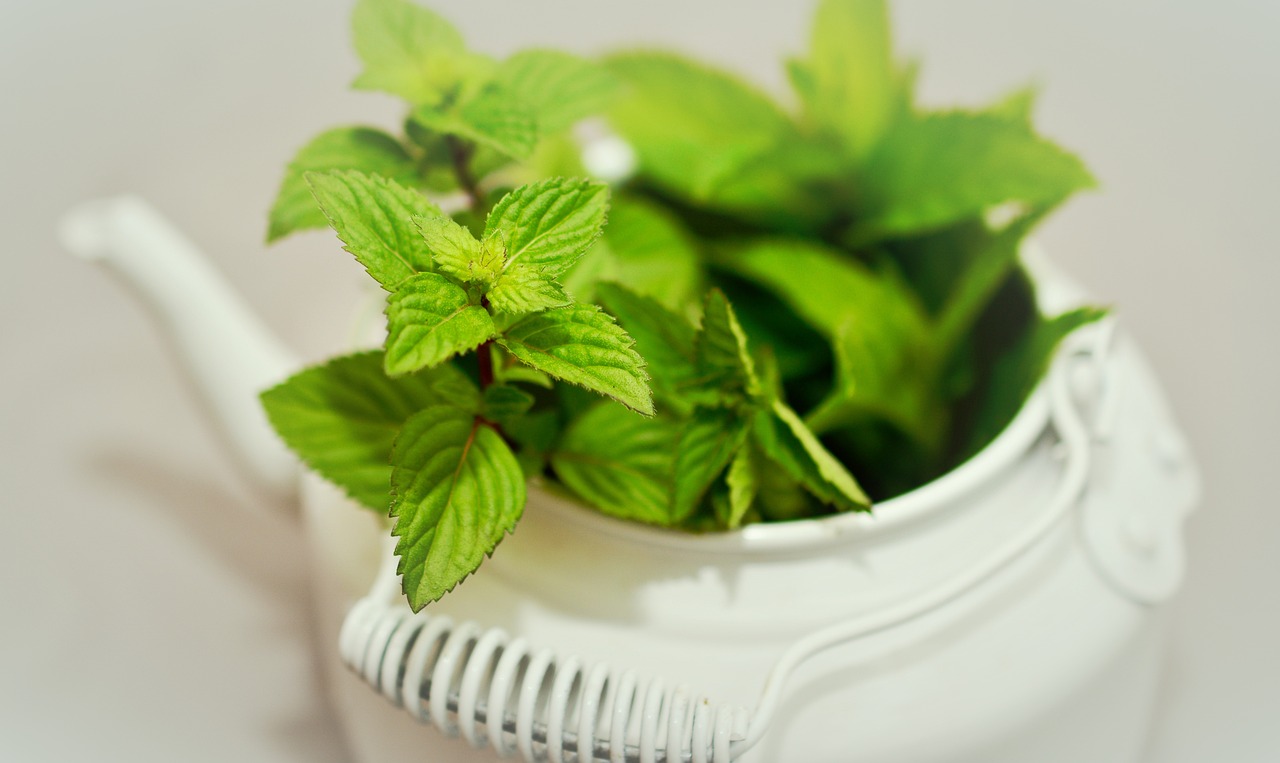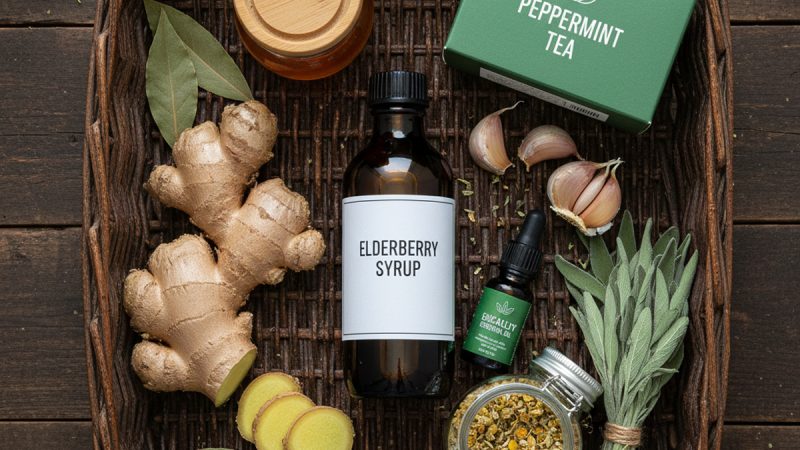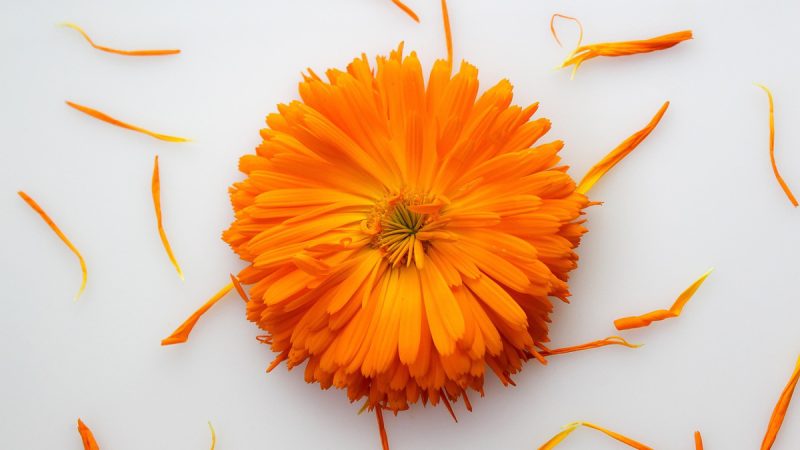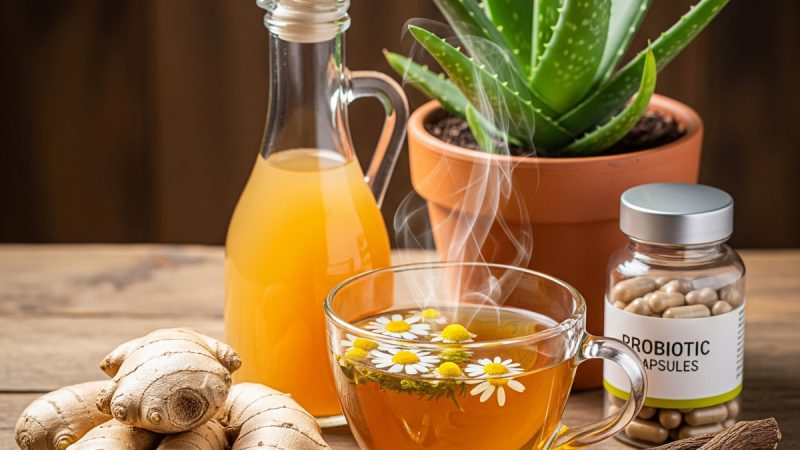Nutritional Remedies That May Aid Sinusitis
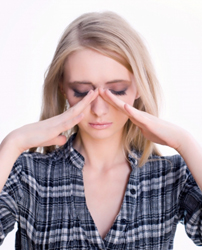
Sinusitis is the blocking of the sinus passageways because of inflammation or excess mucus. These passageways consist of four sets of open spaces within the bones surrounding the eyes and nose. Above the eyes (frontal sinuses); to either side of the nose, inside the cheekbone (maxillary sinuses); behind the bridge of the nose (sphenoid sinuses); and in the upper nose (ethmoid sinuses).
Most cases of sinusitis affect the frontal or maxillary sinuses; however, any or all of the sinuses may be involved. If the sinuses are too small or poorly positioned to handle the volume of mucus produced, they can become clogged causing increased pressure and pain.
Sinusitis can be either acute or chronic. Acute sinusitis is most often caused by bacterial or viral infections of the nose, throat and upper respiratory tract; such as, the common cold. Chronic sinusitis problems may be caused by small growths in the nose, injury of the nasal bones, exposure to irritant fumes and smoking.
Allergic sinusitis may be caused by hay-fever or food allergies, especially allergies to milk and dairy products. Those with compromised immune systems are susceptible to fungal sinusitis, a potentially dangerous condition that may require aggressive treatment.
Symptoms of sinusitis include nasal congestion and foul smelling discharge, headache, earache, fatigue, pain around the eyes and face (including upper jaw and toothaches), mild fever, cough, cranial pressure difficulty breathing through the nose and tenderness over the forehead and cheekbones. If tapping the cheekbones, forehead or the are around the bridge of the nose causes pain, the sinuses may be infected.
The symptoms suffered by those with sinusitis can have other unpleasant results. Postnasal drip can cause a sore throat, nausea and bad breath. Difficulty breathing can cause snoring and loss of sleep.
The use of essential vitamins, dietary minerals and herbal supplements listed below; may prove beneficial for those with acute sinus infections or those who tend to have recurring bouts of sinusitis.
Nutritional Supplements
Vitamin A plus natural beta carotene – Vitamin A enhances the immune system; protects the mucus membranes and reduces susceptibility to infection. Take 10,000 IU daily. Beta carotene is a precursor of vitamin A. Take 15,000 IU daily.
Vitamin B complex plus extra vitamin B5 and B6 – Vitamin B complex helps to maintain healthy nerves and reduces stress. A sublingual form is best. Take 75 – 100 milligrams 3 times daily with meals. Vitamin B5 aids in the formation of antibodies. Take 100 milligrams 3 times daily with meals. Vitamin B6 aids immune system function. Take 50 milligrams 3 times daily with meals.
Vitamin C with bioflavonoids boosts the immune system and aids in preventing infection and decreases mucus. Take 3,000 to 10,000 milligrams daily in divided doses.
Vitamin E helps improve circulation and speeds healing. Take 400 – 1,000 IU daily.
Silica acts as an anti-inflammatory, reduces mucus flow and reduces coughing. Take as directed on label.
Quercetin plus bromelain – Quercetin protects against allergens and increases immunity. Take as directed on label. Bromelain enhances the effectiveness of quercetin. Take as directed on label.
Zinc lozenges act as an antiviral agent and boosts immunity. Take 1 15 milligram lozenge every 2 to 4 waking hours for one week. Do not exceed this amount.
Herbal Supplements
Anise, marshmallow and red clover help to loosen phlegm and clear congestion.
Echinacea boosts the immune system and helps fight viral infections.
Eyebright relieves inflammation caused by sinus infections.
Fenugreek is good for reducing the flow of mucus.
Feverfew contains the ingredient parthenolide which reduces swelling in the sinuses. Buy a product standardized to contain at least 0.7% parthenolide. Take 500 milligrams two or three times daily.
Ginger root can be crushed and applied as a poultice. Apply to the forehead and nose to stimulate circulation and drainage.
Mullein reduces inflammation and soothes irritation.
Steam inhalation therapy opens up congested sinus passageways, allowing you to breathe easier, discharge mucus and heal faster. The following herbs are anti-catarrhal; actions that eliminate or prevent the formation of mucus. In the form of oils; use in herbal steam inhalation:
Anise, black cohosh, black pepper, cayenne, cinnamon, coltsfoot, comfrey, eyebright, ginger, gotu kola, mullein, peppermint, sage, saw palmetto, thyme, wild cherry bark and yerba santa.
All herbal supplements should only be used in amounts typically recommended for medicinal purposes and you should always consult with a health professional first, especially if you are pregnant, nursing or taking prescription medications.
Anyone suffering from recurring sinusitis should consult a health care provider.
The Author:
Age-old Herbs shows how “self defense” is natures oldest law on how to prevent your health concerns with natural healing herbs by means of herbal and nutritional supplements. To protect your health visit www.age-oldherbs-com


